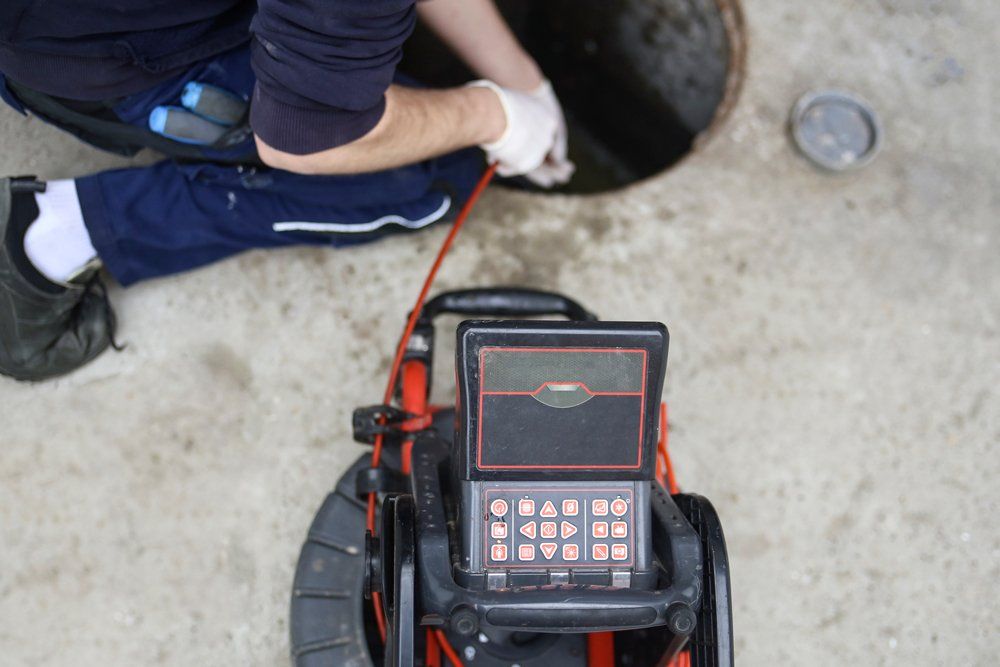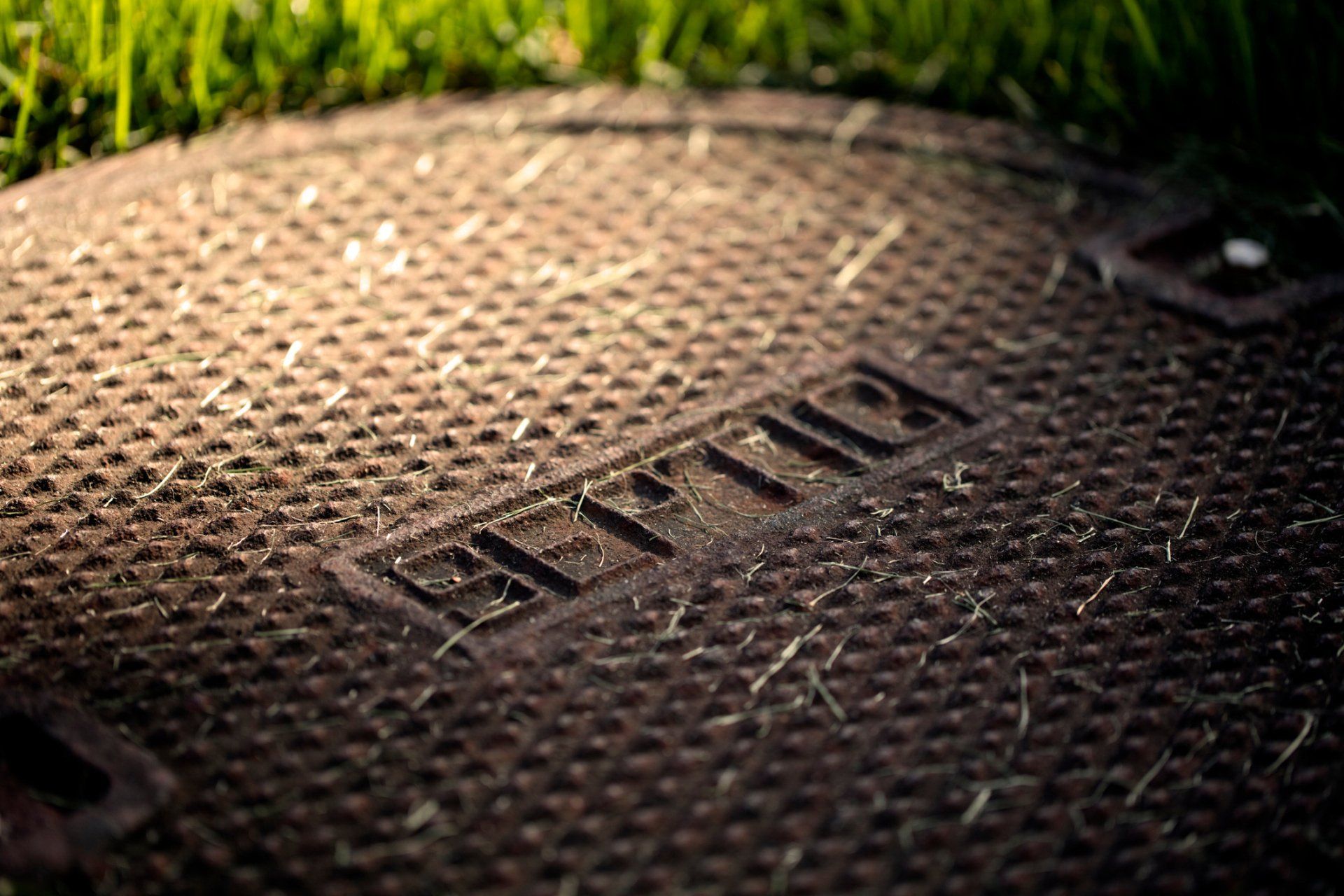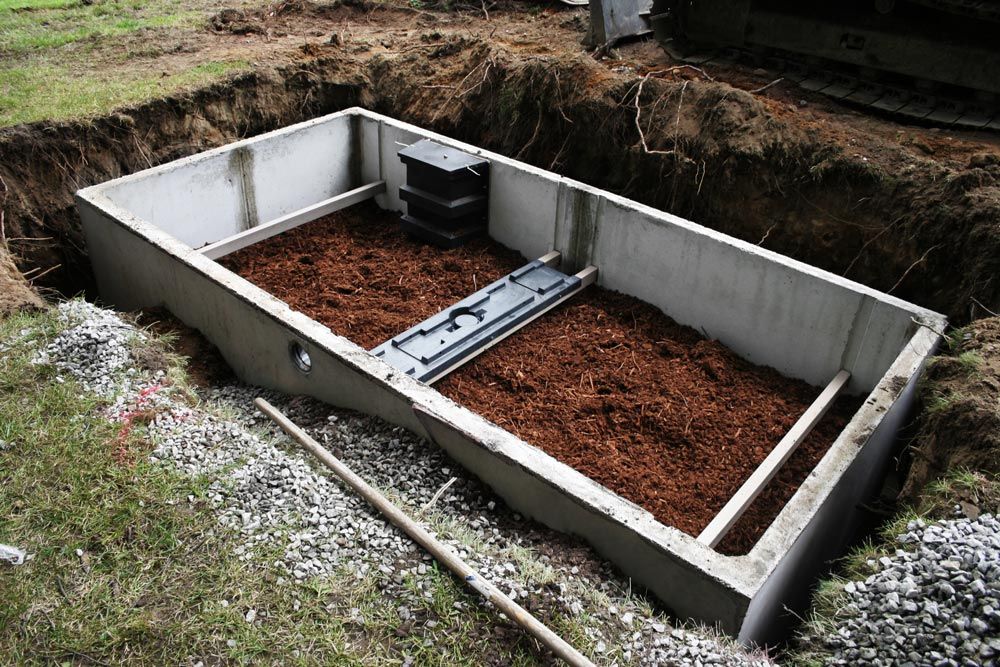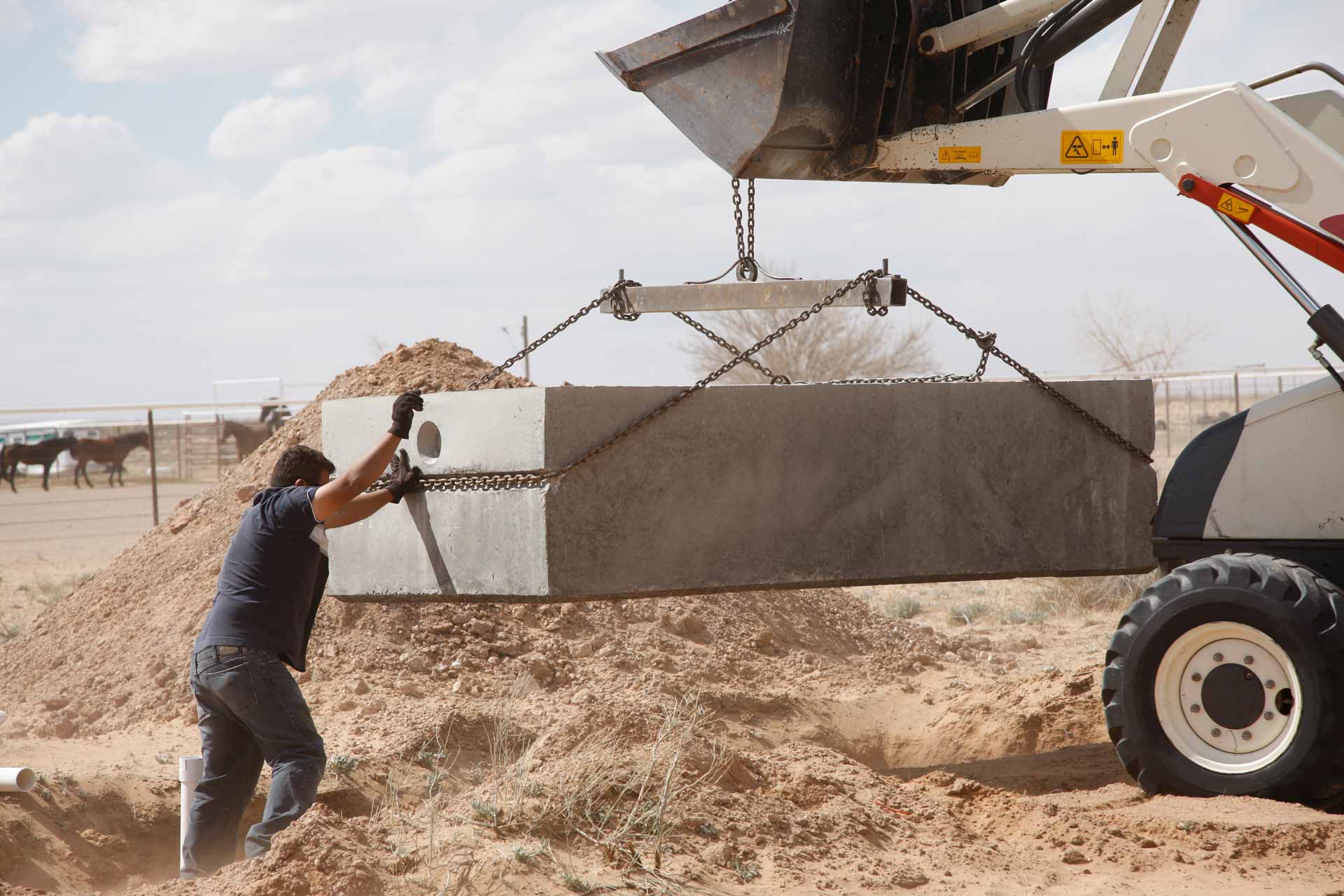Bleach and Your Septic System
- By Admin
- •
- 01 Apr, 2022
- •
Bleach is a popular detergent for killing germs. Many homeowners use bleach to remove stains from clothing. Bleach also has a brightening and whitening effect on white clothes. Homeowners consider bleach an extraordinary cleaner to use for their septic systems. However, bleach can have adverse effects on your septic tank. Here are some frequently asked questions about bleach and your septic system.
What Are Some Bleach Alternatives?
The main types of bleach are chlorine and oxygen bleach. Chlorine bleach comes in the form of a liquid and contains sodium hypochlorite. Chlorine bleach is very potent and is mainly used to disinfect laundry. However, it isn't safe for colored clothing.
Oxygen bleach is also called color-safe bleach. Oxygen bleach doesn't remove patterns or colors on clothing. Both chlorine and oxygen bleach also work for cleaning the bathroom and kitchen. One way to avoid the adverse effects of bleach on your septic system is to opt for oxygen bleach instead of chlorine bleach.
Oxygen bleach is also called color-safe bleach. Oxygen bleach doesn't remove patterns or colors on clothing. Both chlorine and oxygen bleach also work for cleaning the bathroom and kitchen. One way to avoid the adverse effects of bleach on your septic system is to opt for oxygen bleach instead of chlorine bleach.
How Does Bleach Affect Your Septic System?
Your septic tank has a natural biome that breaks down wastewater passing through the drains. The septic system's natural biome has good and bad bacteria. The good bacteria break down substances like soap, organic waste, and contaminants that are flushed through your household's plumbing system.
Although bleach effectively destroys germs, it can also ruin your septic system. Bleach kills both good and bad bacteria. If the good bacteria are destroyed, your tank won't be able to break down waste effectively. As a result, your septic system will become clogged with waste. The harsh consequences of excess bleach include waste backup in your home, unpleasant smells, and a squishy compound.
Although bleach effectively destroys germs, it can also ruin your septic system. Bleach kills both good and bad bacteria. If the good bacteria are destroyed, your tank won't be able to break down waste effectively. As a result, your septic system will become clogged with waste. The harsh consequences of excess bleach include waste backup in your home, unpleasant smells, and a squishy compound.
How Much Is Too Much Bleach?
The effect of bleach on your septic tank is dependent on concentration. According to the American Cleaning Institute, a modest amount of chlorine bleach in household wastewater cannot suppress your septic tank's bacteria levels.
A moderate amount equals 3/4 cup or the amount used for a toilet bowl cleaner. Over one gallon of bleach down the drain is enough to affect the septic tank's good bacteria and hamper sewage flow. One way to avoid a high bleach concentration is by diluting it with water.
A moderate amount equals 3/4 cup or the amount used for a toilet bowl cleaner. Over one gallon of bleach down the drain is enough to affect the septic tank's good bacteria and hamper sewage flow. One way to avoid a high bleach concentration is by diluting it with water.
What Is the Alternative to Bleach?
There are many good alternatives to bleach for keeping your sinks and toilet clean. The chlorine component in bleach is what harms your septic system. Therefore, look for chlorine-free cleaners.
Many chlorine-free products use formulas that release hydrogen peroxide instead of chlorine. Other bleach alternatives include baking soda, tea tree oil, lemon juice, and vinegar.
Many chlorine-free products use formulas that release hydrogen peroxide instead of chlorine. Other bleach alternatives include baking soda, tea tree oil, lemon juice, and vinegar.
How to Add Good Bacteria That Bleach Has Destroyed
If you have been flashing excess amounts of bleach down your drains, you can reverse the harsh effects by adding good bacteria to your septic system. One option to replace the bacteria population in your septic system is to use septic tank enzymes. Septic tank enzymes increase the number of beneficial bacteria in the tank and aid in decomposition waste. Inquire about the best septic tank enzymes to employ in your septic system with your septic tank maintenance professional.
Natural items are another option to add helpful bacteria to your septic system. For example, you can flush rotten tomatoes down your drains. Rotten tomatoes contain pectinolytic enzymes and good bacteria. Baking soda can also help to boost the number of beneficial bacteria in your septic tank. Baking soda elevates the pH in your septic tank, allowing bacteria to proliferate quickly.
Consult a renowned septic tank maintenance service if you are dealing with a foul smell, waste backup, or overflowing toilets. Pete's Outflow Technicians are your trusted source for pocket-friendly and reliable septic tank services. Call us if you experience any issues with your septic tank system.
Natural items are another option to add helpful bacteria to your septic system. For example, you can flush rotten tomatoes down your drains. Rotten tomatoes contain pectinolytic enzymes and good bacteria. Baking soda can also help to boost the number of beneficial bacteria in your septic tank. Baking soda elevates the pH in your septic tank, allowing bacteria to proliferate quickly.
Consult a renowned septic tank maintenance service if you are dealing with a foul smell, waste backup, or overflowing toilets. Pete's Outflow Technicians are your trusted source for pocket-friendly and reliable septic tank services. Call us if you experience any issues with your septic tank system.
If the septic system doesn't function properly, it could start to generate bad smells. Learn about common reasons why septic systems produce bad smells.
The roots of trees can penetrate your septic system and impede system performance. Learn a few steps to prevent tree and shrub roots from invading your tank.
Whether constructing a new home or replacing an old septic system, homeowners must decide on the type to install. See a few types of septic tanks.
Pumping your septic tank should be part of your home maintenance routine. How often you should pump your tank? Discover a few factors that determine that.
All septic system parts eventually fail. Read on to learn about some factors that determine how long your septic drain field will last.
Landlords should proactively maintain their septic tanks for health, safety, and compliance reasons. Discover essential maintenance tips.









